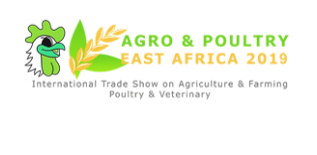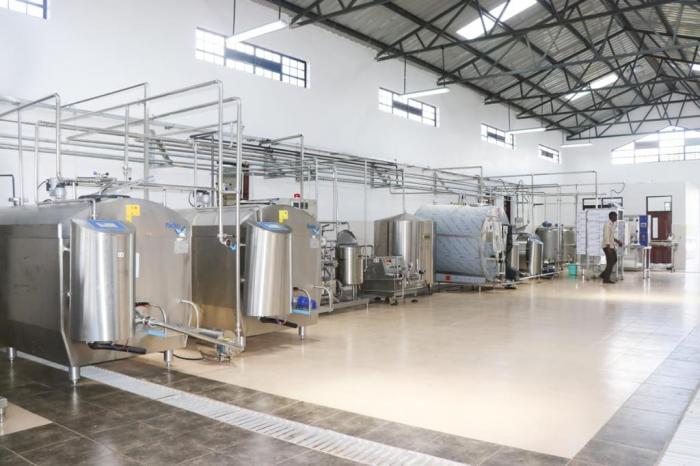Investors and farmers are now pleading with the Government to pay back value added tax as it hinders expansion and growth of their flower farms.
Despite the rosy performance of the sector last year, flower farms are claiming that the Government has delayed in paying back the VAT that has accumulated over the past 12 months and this in turn is stifling the expected growth.
According to Bobby Kamani, the Managing Director, Primarosa Flower Limited the Government must expedite the repayment of VAT to ensure that the farms are able to invest back in good time for purposes of safeguarding their future profits:
“Delays in recovering VAT from the Government delays span back to over 12 months, as a result impacting cash flow and increasing the base cost of operating,” he said.
Mr. Kamani recommends that the Government could allow the firms to offset pending VAT repayments either through Income Tax or PAYE.
In addition, the flower industry is also crying foul in the delay by the Government to avail fertilisers to the flower farms, hindering the expected production as well as resulting in the increasing price of cut flowers due to the higher demand.
Related content
Kenya’s flowers, fruits and vegetable earnings increase by 33 per cent in eight months
Crop experts join efforts to help eradicate troublesome flower pests in Kenya
County taps 10,000 farmers to grow pyrethrum, sisal, sunflower, coffee, cotton and tea to diversify sources of income

The government two weeks ago said that due to procurement errors from the contracted firms it will not import fertilizer; therefore, farmers had to buy fertilizer from the open market. This will, in turn, lead to a rise in the product rising to Sh3000 for a 50kg bag compared to Sh1200 for the same quantity.
While last year, delays by the Kenya Bureau of Standards to release 1.6m tonnes of fertilizer, which were stuck at the Mombasa Port, 750,000 metric tonnes at the Elgon Kenya warehouse while 880,000 tonnes at a warehouse in Yala, as they were awaiting inspection were expected to delay production.
However, the lack of fertilizer is also expected to impact the overall earnings of 2019 as well as affect the quality of the flowers produced, if the situation is not remedied as soon as possible:
“Fertilizers are vital to our product and lack of its availability in the market has resulted in traders / re-sellers doubling their prices, leaving the farms helpless as there are no other options,” Mr. Kamani noted.
He also pointed out that the long impact of reduced yields may impact on sales as well as foreign exchange to the country.
Furthermore, the industry is also requesting for the removal of the annual increase of 10 percent of Collective Bargaining Agreement that is crippling the cost of operations of flower farms. Mr. Kamani fears that this could lead to farms winding down their businesses owing to operational expenses increasing annually in an impractical manner.
“Labour and energy are our biggest costs to the farms and these increases will result in other farms being closed down,” he pointed out. The cost of power in Kenya is still high compared to other East African countries and there are no exemptions or incentives that the Government is providing to investors in this sector.
According to the Kenya Flower Council, flower exports contributed Sh113.16bn up from Sh82.24bn earned in 2017, representing 37.8 per cent growth.


















